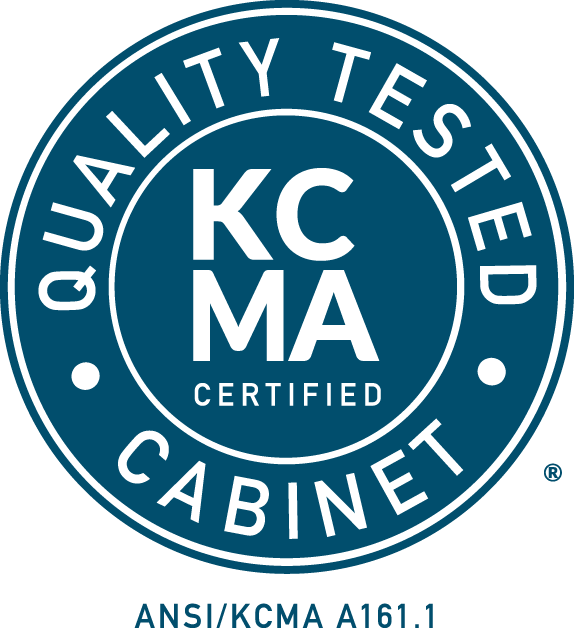GRANITE MAINTENANCE
Metamorphically formed, granite is an igneous rock containing interlocking mineral crystals of feldspar, mica, and quartz. These naturally occurring, hard minerals provide a scratch-resistant, durable surface with natural patterning to stand the test of time.
CLEANING GRANITE COUNTERTOPS
BASIC CLEANING
A well-sealed granite countertop is relatively impervious to bacteria. Hot water and dish soap should be enough for daily sanitizing. However, if a disinfectant is desired, a bottle of 70% isopropyl alcohol is best. Spray it onto the granite, allow to sit for three to five minutes, rinse with water and dry with a clean microfiber or soft terry cloth towel to avoid streaks. Dish soap won’t cause permanent damage, but repeated will cause build-up and dull your countertop’s shine.
Rinse with hot clean water on a regular basis and use a paper towel to dry. To remove soap residue and restore shine, spray 70% isopropyl alcohol onto your counters. Let sit for three to five minutes, then rinse with water and dry with a clean microfiber cloth. Do not use lime removal products or cleaning products that contain ammonia, as this will affect the seal on the stone.
STAIN CLEANING
Granite countertops are surprisingly resilient to stains like citric acid, coffee tea, alcohol, or wine, and virtually impossible to scratch.
However, as a preventive measure, wipe up any spills quickly and do not let the liquid sit on the countertop overnight. For stubborn stains use dry steel wool grade 00, or a no-scratch Scotch Brite pad to try to remove them.
OIL CLEANING
Granite is most prone to staining by oil. Be careful not to place any pots or frying pans with oil traces on the bottom on the countertop surface. Blot oil and acid spills as soon as they happen, and clean with mild soap and warm water to avoid any harm to your countertops.
If the oil stains remain, a general poultice with baking soda and water is the best remedy. First, moisten the surface of the granite with the same liquid that made the paste. Then apply the poultice paste to the granite surface about ½” thick. Tape plastic sheeting over the poultice area, and allow it to sit for 48 hours. Remove the poultice with a spatula, rinse the cleaned area with clean water, wipe off excess water, and allow the surface to dry.
SEALING GRANITE
Many granites never need sealing. Perform the paper towel test to determine whether your granite needs to be sealed. Some types of granite never need sealing and adding sealer to these types will just make a mess.
Soak an unprinted paper towel or a white cotton towel. Place the water-soaked towel on the counter and wait about 5 minutes. Is the area under the paper towel dark from the water soaking into the granite? If it is discolored, your granite needs to be sealed to resist water-based spills and stains.
Try the solvent test to see if an oil stain will enter the granite. Simply dab some paint thinner on the countertop and leave for 5-l0 minutes. If, after you remove it, it doesn’t darken the stone, neither will an oily staining agent such as cooking oil. If it does go dark, you should use a solvent-based sealer to protect against oil-based stains.
If the granite goes dark with either water or paint thinner, then seal. If there is no color change alter testing with these two liquids, you do not really need a sealer on your granite countertop.
AVOID
CHIPS & CRACKS
Though chips in granite are uncommon. Take care when handling heavy pots and pans around your granite profiles to avoid chips. Pieces of granite that chip off can usually be epoxied back in place.




HARSH CHEMICALS
Nitrogen-containing compounds, such as ammonia, can damage your cabinets finish. Avoid using detergents, strong soaps, or abrasive cleaners and pads, as they may be harmful to the finish.




EXCESSIVE HEAT
Though quartz is heat resistant, the resin used in manufacturing can melt in heat above 300°F. A sudden change in temperature or prolonged exposure to heat may cause cracking. Always use a trivet or hot pad.









